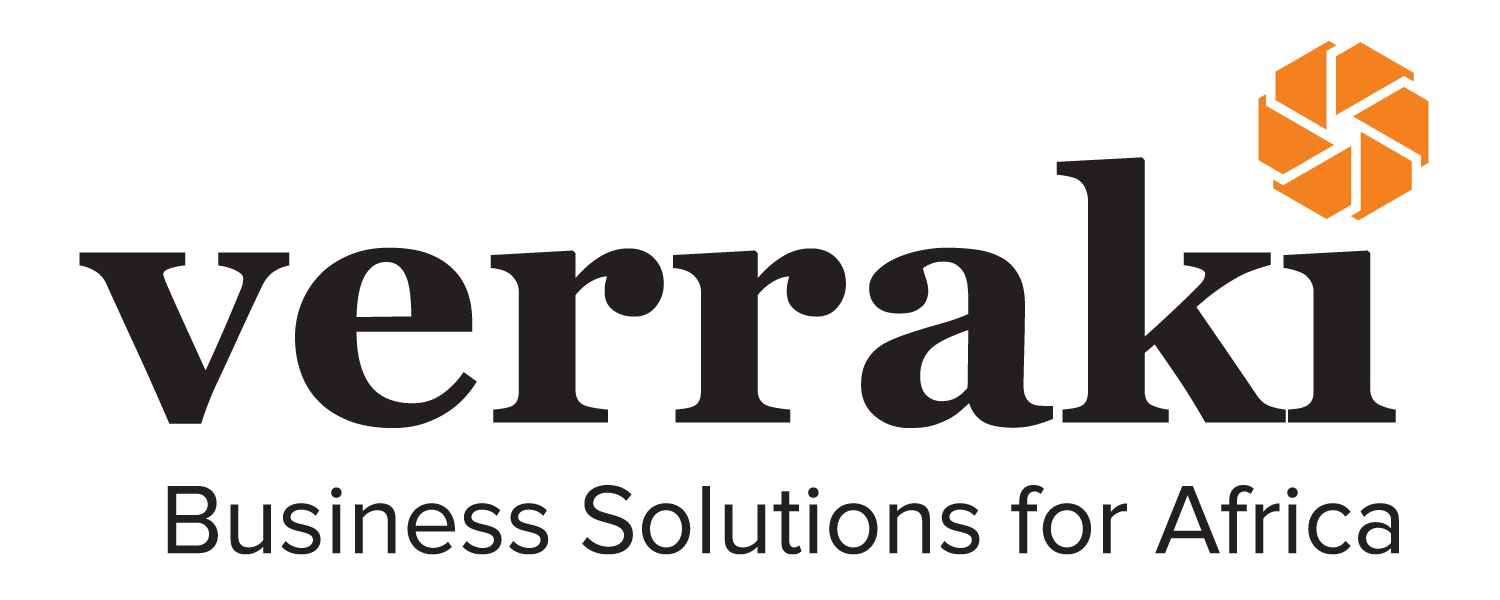
The work-from-anywhere/work-from-home model is increasingly adopted by global organisations. Findings by Accenture (Future of Work Study 2021) indicate that 83% of employees prefer hybrid working. 63% of high-revenue-growth companies surveyed have already implemented a hybrid work model. Airbnb, in April 2022 announced that employees can work remotely forever from anywhere. Other global organisations that have implemented similar work-from-anywhere model include Facebook, Shopify, Dropbox, etc.
After 20 months of remote work from home, Verraki Partners adopted a unique flexible working model, allowing employees to work from client sites, in the office, from home, and include arrangements for cross-border work. Cross-border migration is putting pressure on the pool of critical talent with profound implications for recruitment, employee engagement and retention, productivity, employee fulfilment and even corporate culture. The pandemic accelerated the disruption of labour markets globally and elevated the idea that a workspace(and not a workplace) may be all an employee needs to get the job done. This has implications for how talents are managed in the evolving digital economy.

